Debunking 6 Common VPN Myths You Shouldn’t Believe
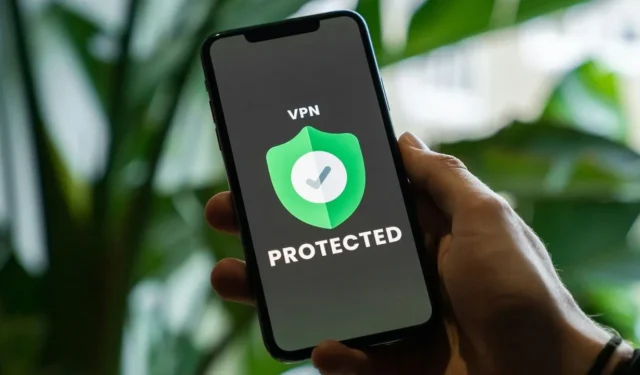
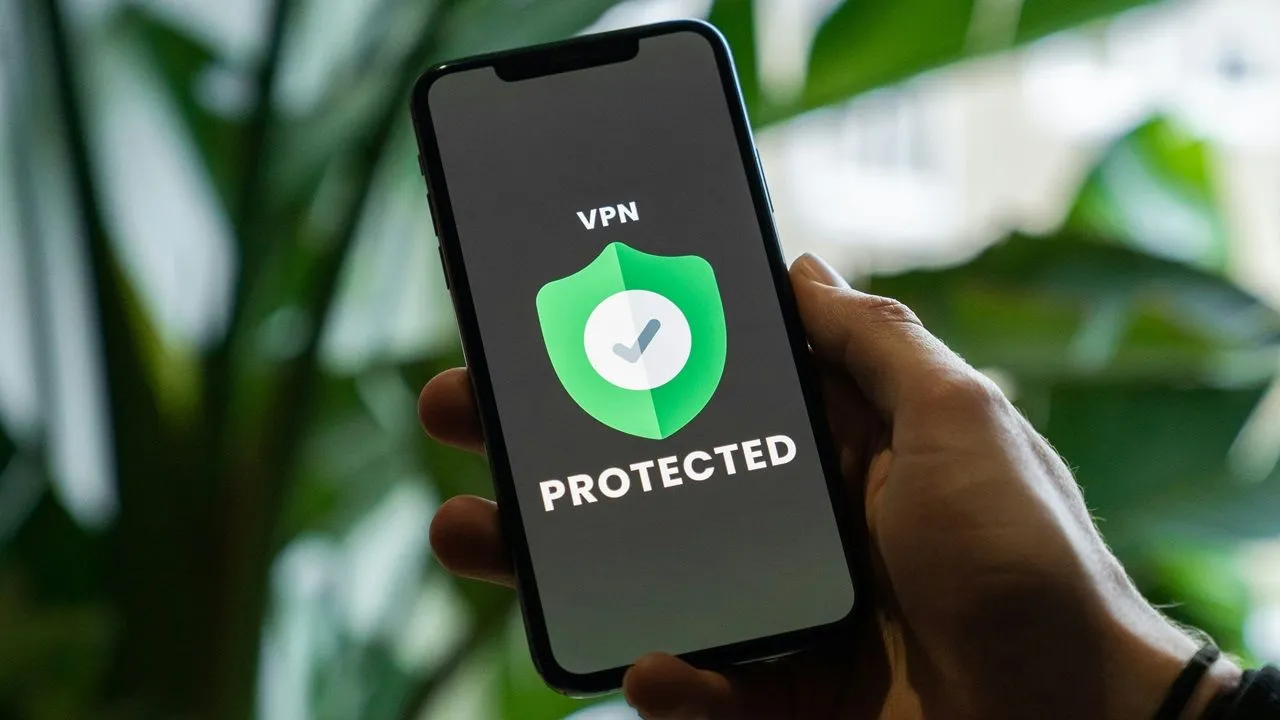
Initially, VPNs were mainly utilized by businesses and educational institutions, with casual internet users skeptical about their adoption due to concerns regarding their legality and the belief that they could slow down internet speeds. However, VPNs have now gained widespread popularity, even though a number of misconceptions still persist. It’s high time we debunk these myths once and for all.
1. ISPs Impose Restrictions on VPN Users
This is undoubtedly the most prevalent VPN misconception I encounter. Many of my peers are reluctant to use VPNs, fearing that it may expose their internet connections to throttling by their Internet Service Providers (ISPs). This anxiety is ungrounded.
While it’s true that ISPs may not favor certain large download activities on limited connections, this is largely to enforce a fair usage policy (FUP) for equitable service among users. A FUP ensures that all users, particularly those on budget plans, receive consistent quality of internet access.
As a digital nomad on an international data roaming plan with specific terms, such as no commercial utilization of data packages, I have not encountered any VPN-related issues.
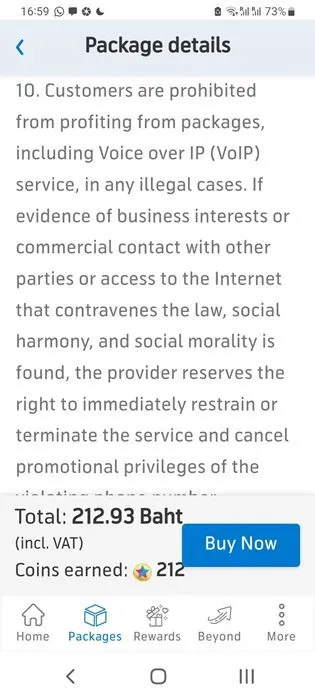
Conversations with telecom account managers have revealed that there are no objections to VPN usage, save for significant data downloads on limited connections, like extensive torrenting or setting up commercial VoIP services. Users on premium plans with unlimited bandwidth can utilize their connection however they please, including for business purposes.
Top-tier VPN services such as ExpressVPN and NordVPN employ high-quality obfuscation technology, allowing their encrypted traffic to seamlessly blend with standard ISP data. This ensures smooth and uninterrupted browsing even when using VPN servers.
In conclusion, feel free to use a VPN without worrying about ISP scrutiny, except in regions with stringent internet regulations, such as North Korea or Turkmenistan.
2. VPNs Are Only for Illicit Activities
If I earned a nickel for every time I met someone who believes that using a VPN is illegal, I could probably cover my subscription to ExpressVPN again. This misconception is surprisingly widespread, likely because the cost of VPN services is an added expense that many users are hesitant to accommodate.
Some individuals think that only cybersecurity professionals or those engaged in dubious online activities resort to VPNs, such as users of the dark web (which, by the way, is not illegal). Another common fallacy I encounter is the statement, “If you have nothing to hide, why bother obscuring your online actions?” This suggests that privacy is a luxury reserved solely for criminals.
While I anticipate that fewer individuals may hold such views about VPNs in the future, I wouldn’t be surprised if these beliefs persist even a decade down the line.
3. VPNs Provide Absolute Anonymity
As much as we would like this to be true, VPNs do not guarantee total anonymity while browsing. However, choosing a reputable VPN provider can significantly enhance your online privacy. While it’s not foolproof, routing your internet activities through a secure VPN is certainly better than forgoing one.
Utilizing a VPN server is one of the most reliable methods to safeguard your IP address, browsing history, email headers, and, most crucially, your DNS from prying eyes. For example, ExpressVPN features live monitoring to identify potential DNS and WebRTC leaks, effectively mitigating risks of browser fingerprinting or eavesdropping.
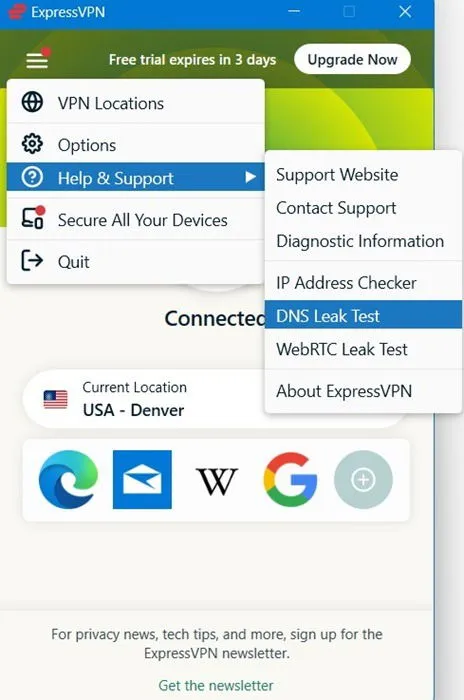
Many VPN services tout a no-logs policy, claiming they don’t maintain records of your personal data or browsing history. However, the actual implementation of this varies among providers. VPNs situated in the “Fourteen Eyes” alliance must comply with legal obligations to disclose any unlawful activity.
Once again, I recommend opting for a leading VPN provider. For instance, both ExpressVPN and NordVPN store your browsing data in temporary diskless RAM that is reset after every server reboot. They operate outside the jurisdiction of the Fourteen Eyes, being based in the Caribbean.
Furthermore, several VPN providers allow you to subscribe using cryptocurrency or without disclosing personal identity details. This adds another layer of privacy; however, with the advanced surveillance technologies in use today, I doubt the average user can achieve complete anonymity online.
4. VPNs Can Shield Against Malware & Viruses
While this misconception has begun to fade, the distinction between VPNs and antivirus protection has narrowed in recent times. VPN services are primarily focused on disguising your internet connection; they aren’t designed to combat malware or viruses directly.
Nevertheless, many premium VPN providers, including ExpressVPN and NordVPN, now bundle antivirus solutions, identity protection, and dark web scanning with their VPN subscriptions. Conversely, numerous traditional antivirus solutions, such as Malwarebytes, now include a VPN option as part of their offerings. Personally, I believe this development benefits users on a budget.
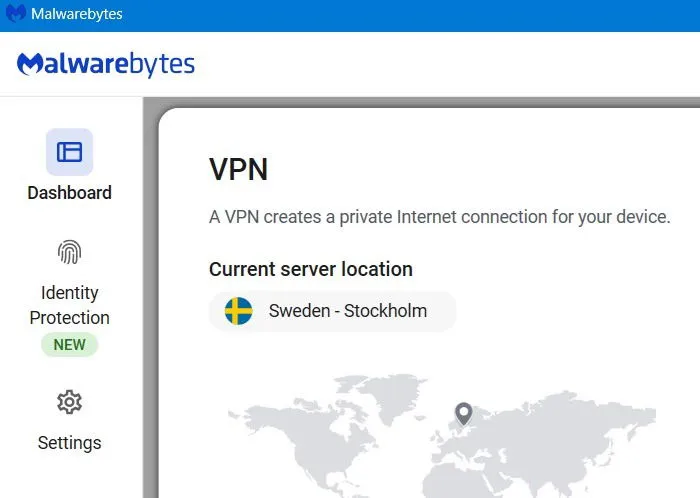
In today’s complex threat landscape, it’s unwise to solely depend on Windows Security for your device protection. Opting for a dedicated antivirus solution with endpoint protection is a more secure approach. However, bundling this protection with a VPN subscription can be more cost-effective.
5. VPNs Reduce Your Internet Speeds
In the past, it was indeed accurate that using a VPN could adversely affect internet speeds. I recall back in 2008, while working with Sophos’s cybersecurity team, we tested our corporate VPN servers for the first time, which resulted in a 25 MB file transfer taking over four hours. At the time, our office’s internet speed was a mere 1 Mbps, which was considered high quality.
Modern VPNs, however, have significantly minimized encryption overhead and now utilize lightweight protocols such as WireGuard or Lightway (for ExpressVPN). They have moved past older protocols like PPTP, L2TP, or IPSec. With current internet speeds soaring hundreds of times higher, the distance to servers has become less significant. Leading VPNs now operate multiple 10 Gbps servers, forming smart server networks capable of delivering speeds that can occasionally exceed those provided by ISPs.
6. Free VPNs Are Just As Reliable As Paid Ones
You’ve likely heard the saying, “If something seems too good to be true, it probably is.” This applies to free VPN services as well. You might believe that the free VPN app you use is safeguarding your privacy without asking for anything in return.
This may appear benevolent, but you are often surrendering information without realizing it. Running VPN servers incurs costs, and these must be offset somehow. Generally, free VPNs come with speed limitations, and you may also be compromising your personal data, such as your email address and browsing patterns, or facing ad intrusions.
That said, we do recognize a few commendable free VPN options, such as Hotspot Shield, which offers a free tier capped at 500 MB per day.
Geo-blocking: Another VPN Misconception
Having addressed the most common VPN myths and illustrated their baselessness, one last myth remains. It may come as a surprise to many, but VPNs are not always very effective at bypassing geo-restrictions.
While top VPN providers can successfully unblock streaming services abroad, not all geo-restricted content is easily accessible. As someone who edits Wikipedia articles, I have had little success finding a VPN server that can grant me access to Wikipedia’s editing interface. The site has a comprehensive list of known VPN IP addresses and employs deep packet inspection, making it challenging for VPN usage to go unnoticed.
In these situations, you might achieve better results with lesser-known browsers that come with integrated VPN services.
Image Credit: Unsplash. All screenshots by Sayak Boral.


Leave a Reply